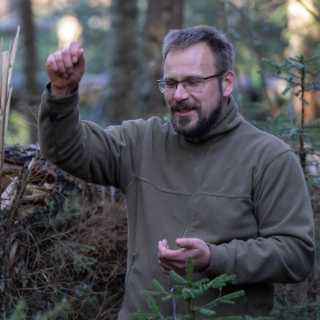Session 5: Forestry and rural development
Jul 3, 2025 | 2:00 PM - 3:30 PMAuditorium
Jul 3, 2025 | 2:00 PM - 3:30 PM
Auditorium
Description
Auditorium
Forestry is a critical driver of both economic growth and climate change mitigation, yet its complex interconnections with rural development remain underexplored. While sustainable forest management (SFM) has been widely studied in relation to biodiversity and climate change, the spatial and territorial dimensions of forestry bring unique challenges and opportunities. This session will delve into the diverse roles of forestry across geographic contexts—from urban forests serving recreational and environmental purposes to remote rural forests contributing to the bioeconomy and ecotourism. It will examine forestry’s multidimensional contributions to economic, social, and environmental well-being, as well as the spatial concentration of forests, the role of place-based approaches in balancing trade-offs, and the integration of forestry with broader rural development objectives.
Forestry is a critical driver of both economic growth and climate change mitigation, yet its complex interconnections with rural development remain underexplored. While sustainable forest management (SFM) has been widely studied in relation to biodiversity and climate change, the spatial and territorial dimensions of forestry bring unique challenges and opportunities. This session will delve into the diverse roles of forestry across geographic contexts—from urban forests serving recreational and environmental purposes to remote rural forests contributing to the bioeconomy and ecotourism. It will examine forestry’s multidimensional contributions to economic, social, and environmental well-being, as well as the spatial concentration of forests, the role of place-based approaches in balancing trade-offs, and the integration of forestry with broader rural development objectives.










